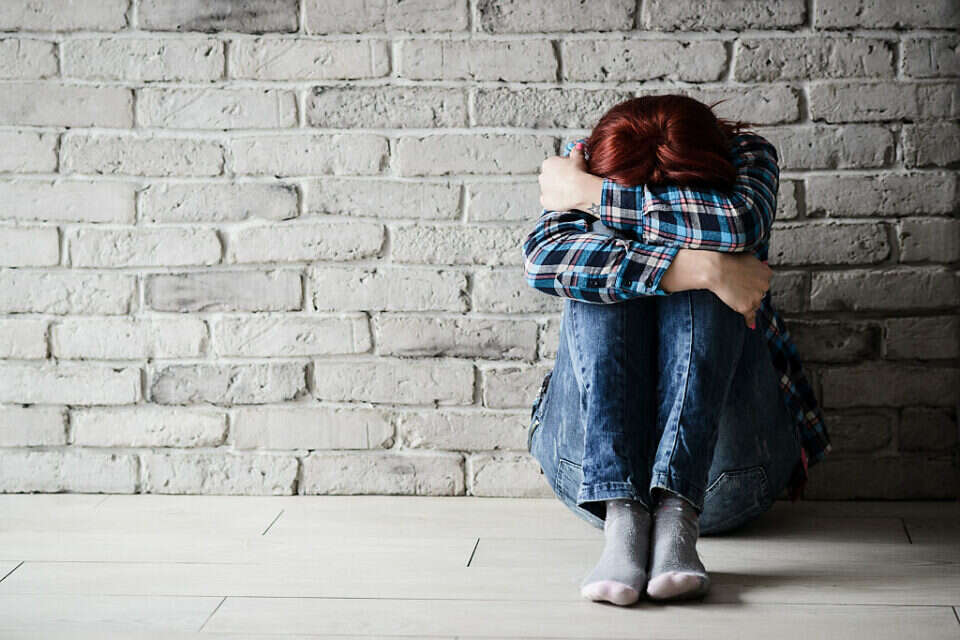Today is marked in the Knesset as the day of violence against women.
"My shadow and I set off" sings Polikar, and it is good to describe the trauma that accompanies anyone who has experienced a violent event - the shadow continues to accompany the victims and create long-term consequences on their lives.
Sexual abuse creates a rupture in the soul.
The tear can heal only with significant treatment, encountering the injury and connecting the two parts.
In the State of Israel, thousands of cases of violent crimes against women are opened every year.
The reported complaints are only the tip of the iceberg of the wider phenomenon.
According to studies, one in three women in Israel is sexually assaulted, one in seven has undergone incest.
This phenomenon crosses sectors and cultures.
According to all the studies, women are sexually harmed more than men, but if you look at the data on the religious-secular axis, it seems that in the religious and ultra-orthodox sector the proportion of men and children who are harmed increases.
A study by Dr. Ariel Finkelstein, in which, at the request of the Namani Torah and Work movement, he examined the amount of sexual abuse treated by the welfare services, showed that for every 1,000 students in the state-religious education system, 2.39 patients were registered, twice as many as in state education. The figure is not necessarily instructive on a higher scope of harm, and perhaps actually implies more activity for detection and reporting, but it certainly shows how widespread the phenomenon is. The factors may be a society where there is a strong affinity to a source of authority, combined with the customary silence around intimate issues.
Another figure in the study looked at where the victims live: 40% of those treated by welfare who are students and graduates of the state-religious education, live in regional councils (localities).
Among state education students and graduates, only 19% of patients live in regional councils.
That is, despite its protected image, the children in the community-religious settlement can sometimes be more exposed to harm.
These data reflect that injury is not the property of a specific stratum in the population.
It is more possible in places where the shame and the feeling of guilt following the injury are greater.
Precisely because it is a society in which communal life is directed by an authoritative spiritual leadership, the actions taken by the heads of the community have a greater meaning.
The manner in which they will conduct themselves in case of harm and handle complaints will outline the norms towards sexual harm in the community.
It is possible to start by denying the titles of leaders who offended (how do you call such people "rabbi" after their guilt has been proven?).
The religious leadership in the community has an important role and should be seen as a real address for correction.
In Israel, the connection to religion and tradition is the broadest common denominator, and the basis for the common life of all of us here.
The time has come to abandon the discourse dealing with strengthening the power of the rabbinical establishment, and start talking about religious services in Israel and the religious leadership as a source of healing, unity, and perhaps also as an address for locating and identifying cases of violence in the community.
were we wrong
We will fix it!
If you found an error in the article, we would appreciate it if you shared it with us









/cloudfront-eu-central-1.images.arcpublishing.com/prisa/2C5HI6YHNFHDLJSBNWHOIAS2AE.jpeg)



